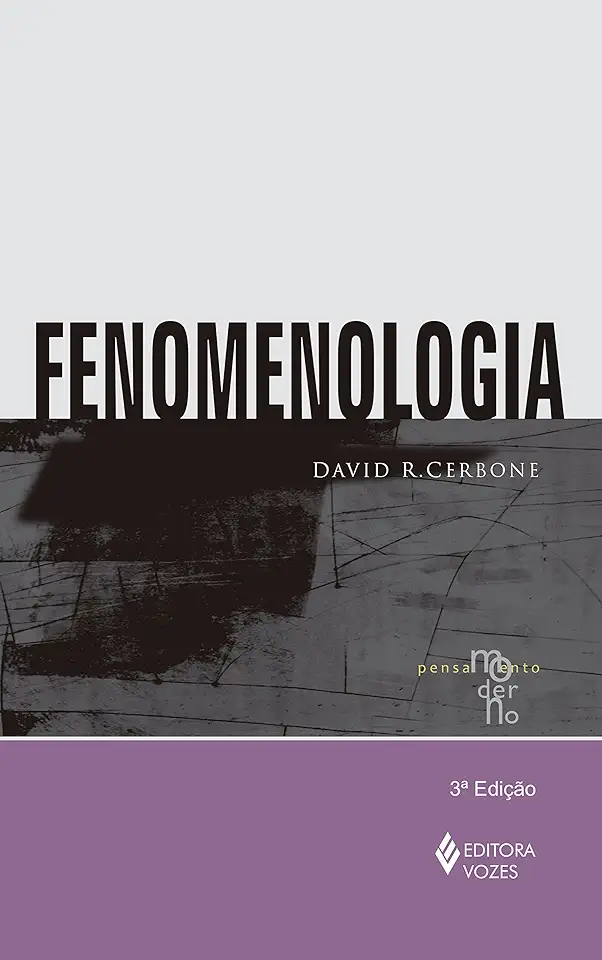
Phenomenology - David R. Cerbone
Phenomenology: A Philosophical Introduction
Introduction
In this comprehensive and engaging introduction to phenomenology, David R. Cerbone provides a clear and accessible overview of this influential philosophical movement. Cerbone begins by tracing the history of phenomenology, from its origins in the work of Edmund Husserl to its development by later thinkers such as Martin Heidegger, Maurice Merleau-Ponty, and Emmanuel Levinas. He then explores the key concepts of phenomenology, including intentionality, consciousness, and the lived world.
Intentionality
One of the central concepts of phenomenology is intentionality, the directedness of consciousness toward objects. Cerbone explains that intentionality is not simply a matter of representing objects in the mind, but rather a way of being in the world. When we perceive an object, we are not simply receiving a passive impression of it. Rather, we are actively engaged with it, interpreting it, and making sense of it.
Consciousness
Another key concept of phenomenology is consciousness. Cerbone argues that consciousness is not a thing or a substance, but rather an activity. Consciousness is the process of being aware of things. It is the light that illuminates the world for us.
The Lived World
The lived world is the world as we experience it, before it has been filtered through the categories of thought. Cerbone argues that the lived world is the starting point for all philosophy. It is the world that we must come to terms with if we want to understand ourselves and our place in the universe.
Phenomenology and the Human Condition
Cerbone concludes by exploring the implications of phenomenology for the human condition. He argues that phenomenology can help us to understand our place in the world, our relationships with others, and our own mortality. Phenomenology can also help us to develop a more authentic and meaningful way of life.
Why Read Phenomenology?
Phenomenology is a challenging but rewarding philosophical movement that has had a profound impact on our understanding of the human condition. Cerbone's introduction is an excellent resource for anyone who wants to learn more about phenomenology and its implications for our lives.
Here are a few reasons why you should read Phenomenology:
- Phenomenology is a rigorous and systematic approach to philosophy that can help you to think more clearly and critically about the world around you.
- Phenomenology can help you to understand yourself and your place in the universe.
- Phenomenology can help you to develop a more authentic and meaningful way of life.
If you are interested in learning more about phenomenology, I highly recommend Cerbone's introduction. It is a clear, concise, and engaging overview of this important philosophical movement.